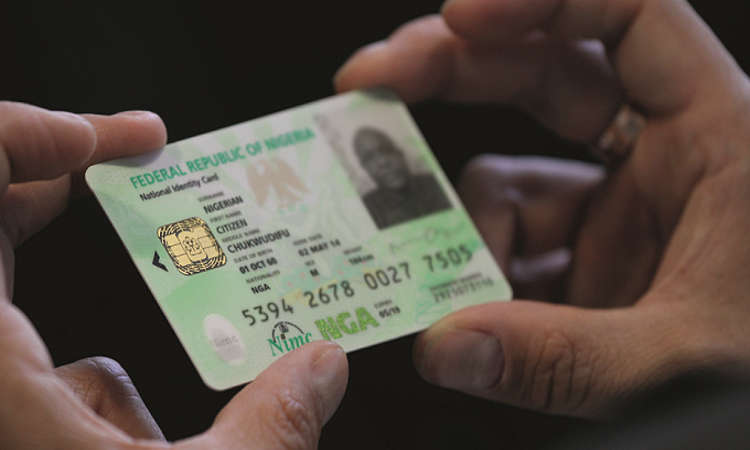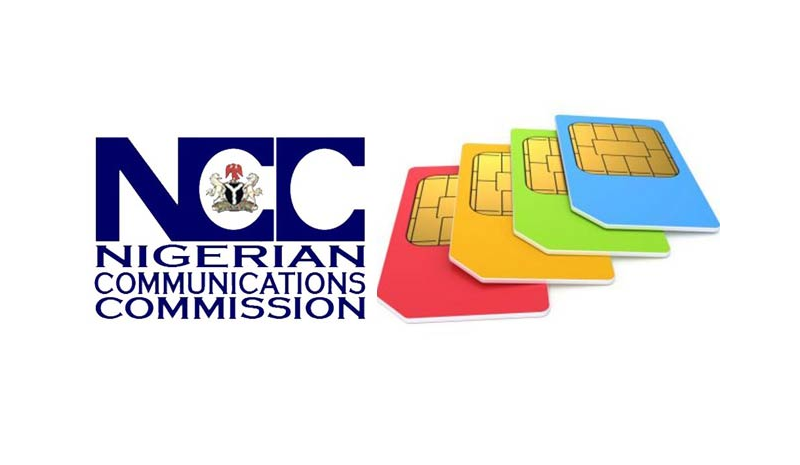
The Nigerian Communication Commission (NCC) is on a new mission to link personal phone numbers to National Identification Numbers (NIN). This is part of the new rules that the commission has a directive to implement.
NCC Director of Public Affairs, Dr. Ikechukwu Adinde, disclosed the development through a statement in Abuja, on Tuesday. He said the new rule is part of the directive on the suspension of new SIM registration by network operators, given by the Minister of Communication and Digital Economy, Dr. Isa Pantami.
According to Adinde, the minister conveyed an urgent meeting of key stakeholders in the communication industry, graced by the NCC Management, the National Information Technology Development Agency (NITDA), the National Identity Management Commission (NIMC) and the CEOs of Service Providers in the telecom industry.
Register for Tekedia Mini-MBA edition 19 (Feb 9 – May 2, 2026): big discounts for early bird.
Tekedia AI in Business Masterclass opens registrations.
Join Tekedia Capital Syndicate and co-invest in great global startups.
Register for Tekedia AI Lab: From Technical Design to Deployment (next edition begins Jan 24 2026).
The meeting was based on the need to consolidate the SIM registration data of 2019 and improve the telecommunication industry.
Adinde said the stakeholders reached an agreement to do more to sanitize the telecom sector by improving the integrity and transparency of the SIM registration process.
At the end of the meeting, Mobile Network Operators were given a marching order to implement the agreements reached which include:
“Affirmation of the earlier directive to totally suspend registration of new SIMs by all operators.
“Operators to require all their subscribers to provide valid National Identification (NIN) to update SIM registration records.
“The submission of NIN by subscribers to take place within two weeks, commencing Dec. 16 and ending by Dec 30. After the deadline, all SIMs without NINs are to be blocked from the networks.
“Violations of this directive will be met by stiff sanctions, including the possibility of withdrawal of operating license,” he said.
This development has once again, stoked the controversy that has followed national identity issues in Nigeria. In the past few years, Africa’s most populous nation has gone on a campaign of identity data collection; from voter registration to Bank Verification Number to SIM registration, it has been a continuous quest to collect personal information of people living in Nigeria.
In 2017, President Buhari ordered data collecting agencies to harmonize their data with the NIMC. As part of the data harmonization campaign, the Executive Chairman of NCC, prof. Umar Garba Danbatta directed that collected data from SIM registration be released to NIMC.
In 2019, the commission ordered the deactivation of more than 2 million unregistered phone numbers, in the biggest move yet to ensure that mobile subscribers in Nigeria have face.
Following these steps taken by the NCC, Dr. Pantami announced in October this year that there is no improperly registered SIM on any network in the country since the mass deactivation in September 2019.
Therefore, it’s surprising to many when the Minister give the directive of SIM registration harmonization with NIMC, given that the directive had been issued to network operators earlier before now.
While it seems to be the right move due to increasing security concerns in the country, it has become a repetition of a process that is wearing Nigerians out.

“We use a Local Govt. Identity certificate to register for international passport, then use Int’l passport to register for Driver’s License, then use Driver’s License to register for NIN, then use NIN to register for SIMs. Nigerian government enjoys making their citizens suffer,” Danny Walter wrote on Twitter.
Disgruntled Nigerians believe that the federal government should have learnt from the Bank Verification Number (BVN) process, where the number generated through one bank account number is used to link other accounts belonging to the same person.
Moreover, the time allotted for the data harmonization seems unrealistic as only 28 million out of more than 180 million mobile subscribers in Nigerian have enrolled into the NIMC database.
In Nigeria’s rural areas, access to NIMC and SIM registration centers poses a challenge that will hinder many from obeying the directive.
With the two weeks deadline fast approaching, millions of network subscribers risk being cut off from telecom services, and it would become a big blow to the fragile economy reeling at the mercy of recession.
The telecom industry played an integral role in sustaining Nigeria’s economy at the peak of coronavirus in the country, and the wellbeing of the telecom sector is important for the sustainability of the wobbling economy.
Experts believe that the NIMC and SIM registration data harmonization will do a great deal of service to Nigeria’s lackluster citizen data situation, but it needs more time that has been given by the Ministry of Communication.



